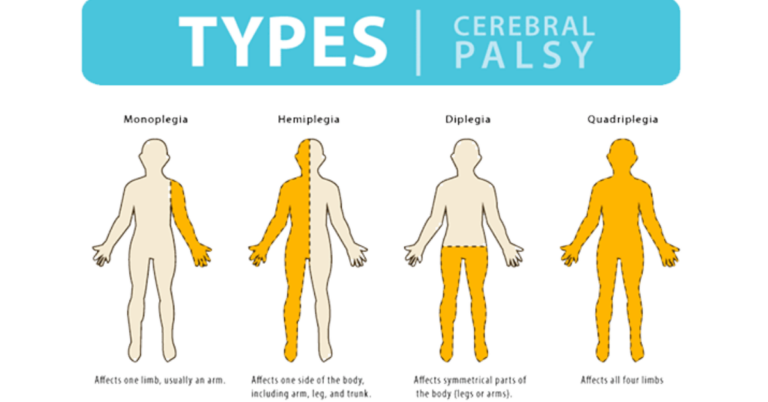The Future of Genetic Counseling: Navigating Ethical and Social Issues
Genetic counseling plays a crucial role in providing individuals and families with information and support regarding genetic conditions and inherited diseases. It involves assessing the familial risk of genetic disorders, interpreting complex genetic information, and helping individuals understand how this information may impact their health and future generations. Genetic counselors are trained healthcare professionals who work closely with patients to help them make informed decisions about genetic testing, treatment options, and reproductive choices.
Through genetic counseling sessions, individuals can gain insights into their genetic predispositions, risk factors, and potential healthcare implications. This process empowers patients to understand and navigate the complexities of genetic information, enabling them to make well-informed decisions that align with their values and preferences. By fostering open communication and providing personalized support, genetic counselors play a key role in promoting patient autonomy, emotional well-being, and enhanced healthcare outcomes.
The Role of Genetic Counselors in Healthcare
Genetic counselors play a crucial role in the healthcare system by providing personalized guidance and support to individuals and families facing genetic conditions or at risk of inherited diseases. They work hand-in-hand with patients to help them understand complex genetic information, assess their risk factors, and make informed decisions about their healthcare options. By empowering patients with knowledge and resources, genetic counselors contribute to improved patient outcomes and overall well-being.
In addition to patient care, genetic counselors collaborate with healthcare providers, researchers, and other professionals to promote advancements in genetic science and technology. Their expertise in interpreting genetic testing results and navigating ethical dilemmas related to genetic information ensures that patients receive comprehensive, holistic care. By bridging the gap between scientific advancements and patient needs, genetic counselors play a vital role in shaping the future of precision medicine and personalized healthcare.
Impact of Genetic Counseling on Patient Care
Genetic counseling plays a pivotal role in enhancing patient care by providing individuals with crucial information regarding their genetic makeup and predisposition to certain health conditions. Through in-depth discussions and thorough assessments, genetic counselors empower patients to make informed decisions about their healthcare journey. This personalized approach not only fosters a sense of empowerment but also enables patients to actively participate in their medical management.
Furthermore, genetic counseling aids in the identification of individuals at risk for hereditary diseases, allowing for early detection and intervention. By assessing familial patterns and genetic markers, counselors assist patients in understanding potential health risks and developing personalized strategies for prevention and management. This proactive approach not only promotes better health outcomes but also alleviates anxiety and uncertainty by offering clarity and guidance in navigating complex genetic information.







